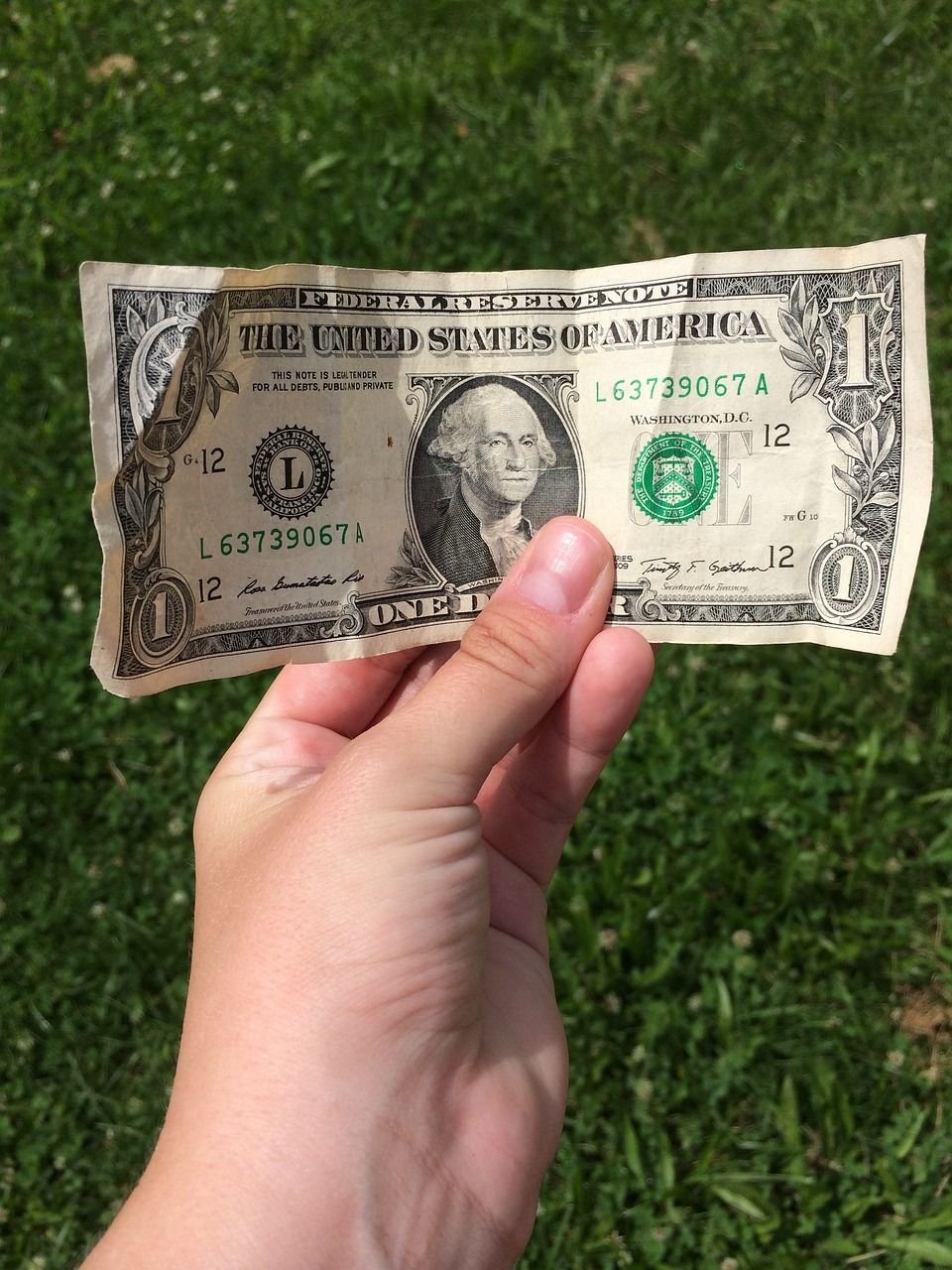
Source: Pixabay
Advantages of Petty Cash
Though we might think of the word “petty” disparagingly, its etymological roots go back to the French (petit), simply meaning small, little. Thus “petty cash” is a small amount of money kept on hand for quick access. Petty cash can be used for:
- Snacks, small meals, or other employee rewards
- Fuel when traveling
- Urgently needed office supplies
- Cards, flowers, or postage
- Reimbursing employees for work-related purchases
Who Uses Petty Cash?
In all businesses, especially small businesses and startups, close scrutiny and recordkeeping is important for your finances. However, petty cash helps to speed up smaller transactions. Rather than writing out a check or using a company credit card, petty cash is a less formal way to make purchases. Many different businesses use petty cash, including:
- Retailers
- Restaurants
- Service-based businesses
- Small- or medium-sized businesses
Such businesses often make changes for customers, or they may entrust employees to solve problems by making individual purchases. Thus, even for businesses that don’t make transactions with customers, petty cash can still be useful.
Limitations of Petty Cash
Though petty cash streamlines small purchases, it shouldn’t replace standard operating procedures in most companies. Most purchases should go through regular channels, leaving petty cash for more trivial purchases. Keep in mind that with ease of use comes the possibility of abuse. As a result, some businesses do not use petty cash:
- Large businesses – The risk of abuse and the difficulty of logging expenses increases with the size of the business; thus petty cash is most common in smaller businesses or retail environments.
- Online businesses – Petty cash is often physical money, so online businesses rarely use petty cash.
- Financial institutions – Banks, investment firms, and other financial organizations face stricter regulations concerning finances, so the use of petty cash is discouraged.
Petty Cash and Financial Accountability
For businesses that do use petty cash, possible abuses are normally mitigated by the following:
-
Limiting the size of the fund – The size of the company and frequency of petty cash usage may determine the size of the fund. Common petty cash funds range from $100-200 but may be larger or smaller depending on need. Petty cash funds should regularly be reconciled. Rather than “use it or lose it” funding, petty cash is used and refilled on an as-needed basis. When the petty cash fund drops below a certain level, such as $15, records may be checked and once reconciled, the fund may be refilled.
-
Limiting who has access to the funds – Usually, only one person is assigned access to the petty cash, and they are held accountable should the funds not reconcile with the records they keep. Some businesses such as retail may not have this luxury, but it’s important to limit access where possible.
-
Tracking the funds – For recordkeeping purposes, the employee responsible for the petty cash should also log credits and debits to the petty cash fund. Such records should at least include the date of purchase, the type of purchase, and the amount. To simplify record keeping, you may opt instead for a debit card which draws from a checking account. That way the purchases are automatically logged, as opposed to physical cash which requires the manual logging of each purchase. Remember that there is a tradeoff between accessibility and accountability with petty cash: the more closely its use is monitored, the slower it is to use. Because of this, it is important to weigh the risks and benefits of using petty cash before implementing it in your business.
Conclusion
Overall, petty cash can serve as an asset which streamlines the day-to-day operations of a business. Rather than letting small surprises or emergencies interrupt workflow, a petty cash fund can resolve minor issues before they become inconveniences. Petty cash funds can even help provide for more spontaneity in your business, especially when celebrating wins and rewarding hard work. Consider implementing a petty cash fund for your small business!
